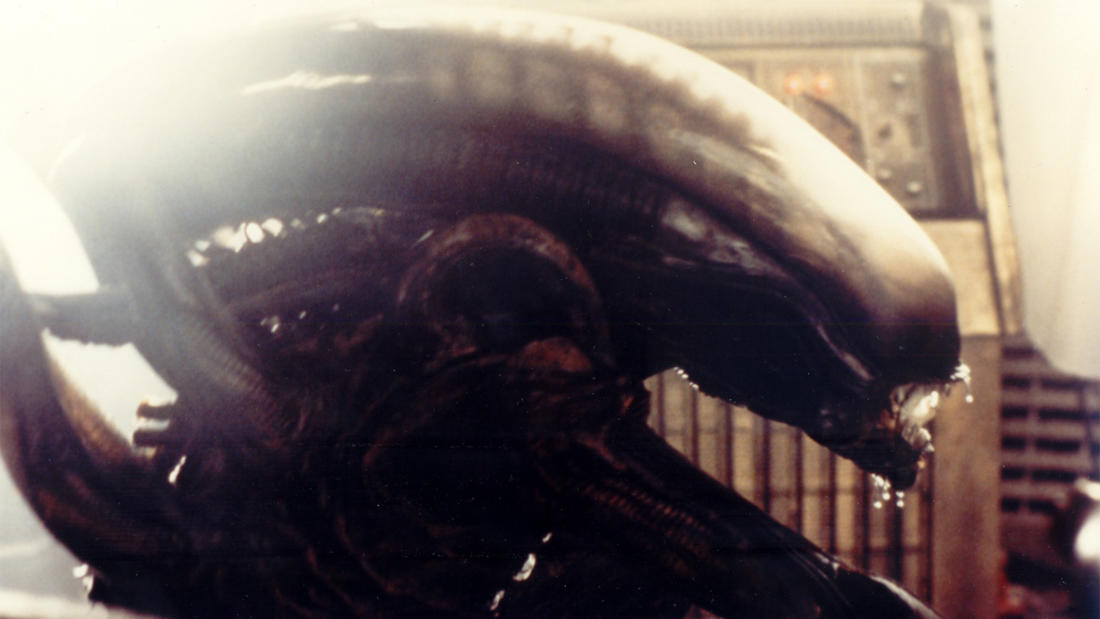
Ragtag Cinema Columbia, MO
Professor John Warren Huntley
Associate Professor in Geological Sciences, University of Missouri
Alien— Death and destruction in deep time
Program Description
Professor John Warren Huntley presents on interspecies interaction during the geologic period of "Deep Time," in which he will talk about how organisms practice survival through predation, parasitism, parasitoidism, competition, commensalism, mutualism, reproduction, and parental care.
Presented At
Ragtag Cinema Columbia, MO
Film Synopsis
The commercial vessel Nostromo receives a distress call from an unexplored planet. After searching for survivors, the crew heads home only to realize that a deadly bioform has joined them.
In the deepest reaches of space, commercial towing vehicle Nostromo is heading back to Earth when it intercepts an SOS signal from a nearby planet. After a bad landing on the planet, a few members of the crew leave the ship to explore the area. Captain Dallas (Tom Skerritt) and his rescue team discover a bizarre pod field. But things get even stranger when a parasite bursts out of a pod and attaches itself to Kane (John Hurt). Over the objections of Ripley (Sigourney Weaver), science officer Ash (Ian Holm) lets Kane back on the ship. When the parasite dies, it seems the danger is over—but not for long. From director Ridley Scott, Alien became an Academy Award-winning monster that's haunted nightmares for over 35 years.
About the Speaker
John was born and raised on the boundary between the Blue Ridge and Piedmont provinces in western North Carolina and got his first real taste of fossils as an undergraduate at Appalachian State University (BS Geology 2000). He then studied as an invertebrate paleontologist at the University of North Carolina Wilmington (M.S. Geology 2003) and Virginia Tech (Ph.D. Geosciences 2007). Following graduate school, John was a post-doc at Virginia Tech (2007-08), a lecturer at the University of Kentucky (2008-09), a Humboldt Research Fellow at Friedrich-Alexander-Universität in Erlangen, Germany (2009-11), and a Visiting Assistant Professor at St. Lawrence University (2011-13) before joining the faculty at the University of Missouri in 2013. A common theme in his current research is how the discontinuous nature of deposition at a broad range of scales (from bivalve growth increments to the sequence stratigraphic architecture of basins) influences the temporal and spatial trends preserved in the fossil and geologic records. A few examples include the proliferation of trematode parasites with parasequence-scale flooding events and the implications for anthropogenic warming and sea level rise, the utility of bivalve sclerochemistry as a chronicle of heavy metal pollution in coastal environments, and the time-transgressive and facies-dependent nature of the Steptoean Positive Carbon Isotope Excursion (SPICE). The subjects of his research span invertebrates and protists from the marine, freshwater, and terrestrial realms ranging in age from Paleoproterozoic to Anthropocene.